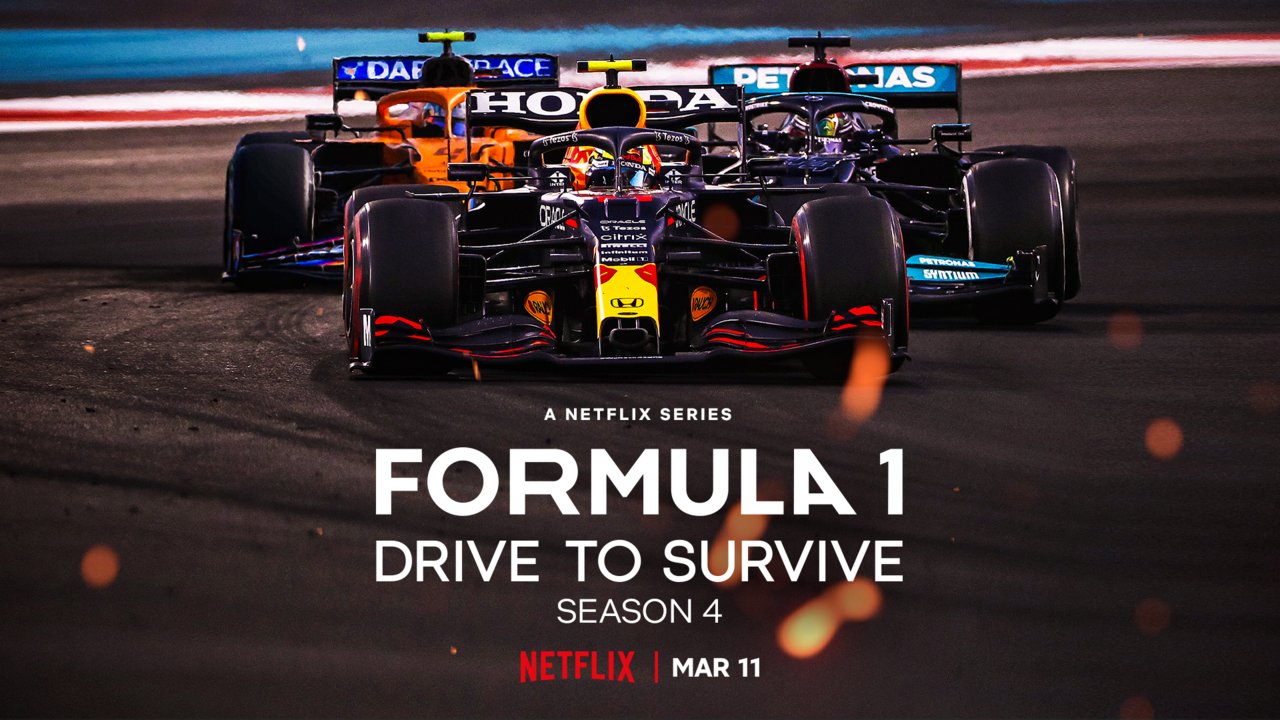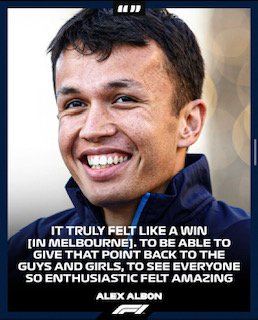F1 Racing Taps Into Every Fans Personal Inner Drive
Image via Fromula1.com
If you haven’t heard about it by now, F1 racing has recently grown from a long-standing niche sport to a global phenomenon. The most notable and largest growing fan base to be pulled in, is the American market which has resulted in the first ever Miami Grand Prix and plans for a race coming to Las Vegas in 2023. A large part of the spike in popularity among American audiences for F1 has been a direct result of its hit Netflix docu-series Drive To Survive.
The series has allowed those unfamiliar with the sport to get an intimate, unfiltered view of just what it takes to make the traveling spectacle of F1 happen. Even more thrilling is the numerous storylines, rivalries and drama that exists within each individual team beyond the race for the Constructors and drivers championships. But perhaps most interesting to me, is how F1 racing can be the perfect metaphor in the capacity of personal and professional development.
F1 definitely looks poised to become a new staple of motorsport in America, gaining traction fast on the traditionally form of NASCAR racing. With a successful series on Netflix providing new viewers with the ability to learn, as well as become attached to all the big names, rules and regulations, the second half of the boom in viewership is due to the deal with ESPN as a broadcasting partner.
Image courtesy of Formula1.com
According to a recent article from FanNation on Mar, 31st “Formula One is experiencing its highest ratings ever in the U.S. Last season was the most viewed in U.S. broadcast history, with an average audience of 949,000 viewers per race. Last weekend’s Saudi Arabian Grand Prix was also the most-viewed F1 race on ESPN since the network acquired the rights in 2018 - and the most-viewed F1 event on cable since 1995.”
Outside of the pure pageantry and thrill of watching cars overtake each other, flying around corners at speeds well in excess of 100mph, there’s the drama involved in simply getting these marvels of engineering to the end of a race in the best possible position without some catastrophic failure. In a competition where literally every second counts, the strategy and team effort that goes into every minor decision makes F1 unique in how it captivates the audiences’ minds.
There’s something incredibly inspiring and enlightening about seeing how the relationship between every single member of the crew and the “stars” of the show, the drivers, plays out in the success or failure of each race. In F1 racing, it isn’t always about finishing first as much as it’s about finishing as strongly as you can.
There are very real advantages to be had by teams with more money and resources such as the big 3 of Mercedes, Red Bull & Ferrari versus the middle pack of teams competing for spots 4-7. However that doesn’t diminish the determination of the rest of the field whatsoever. Instead its’ very common to see teams and drivers alike even celebrating a 6th place finish like a full on win.
It’s incredibly inspiring once you realize that each finish is the result of every person doing the absolute best they can to get that car over the finish line. Imagine being on the pit crew and taking too long to attach a front right wheel, which costs your team precious tenths of second. Neither the driver nor engineers can do anything about it however they must press on and get the most out of their individual roles to make up for it. Sometimes it’s actually the driver who ruins the teams’ whole day, like what happened to Charles Leclerc and Ferrari on their home turf, where a race that looked like another definitive top 3 finish ended up with him outside of the top 5 after one bad turn.
There are a few lessons in becoming an F1 fan that I believe we should all pay attention to. One is that to be a real team you must trust and rely on those around you no matter how small the role may seem, each person has to see their part as equally important to overall success. F1 cars are technological masterpieces of engineering and thus require meticulous attention to detail from everyone all of time.
Next is the idea of celebrate your wins within your own context and appreciating progress no matter what. As in the example of Alex Albons’ 10th place finish for Williams in Melbourne, which earned his team their first point of the season and accolades from the announcers and fellow drivers. Lastly is the philosophy that there is not time for pointing in the midst of the bigger picture. Instead of having arguments amongst themselves or carrying over grudges when something goes wrong, the whole team dynamic is focused solely on getting better next time and seeing each moment as a learning experience. F1 racing is not just a great sport because of the speed and action, it’s the humanity of it all that really speaks to our inner drive in the grand scope of life.



